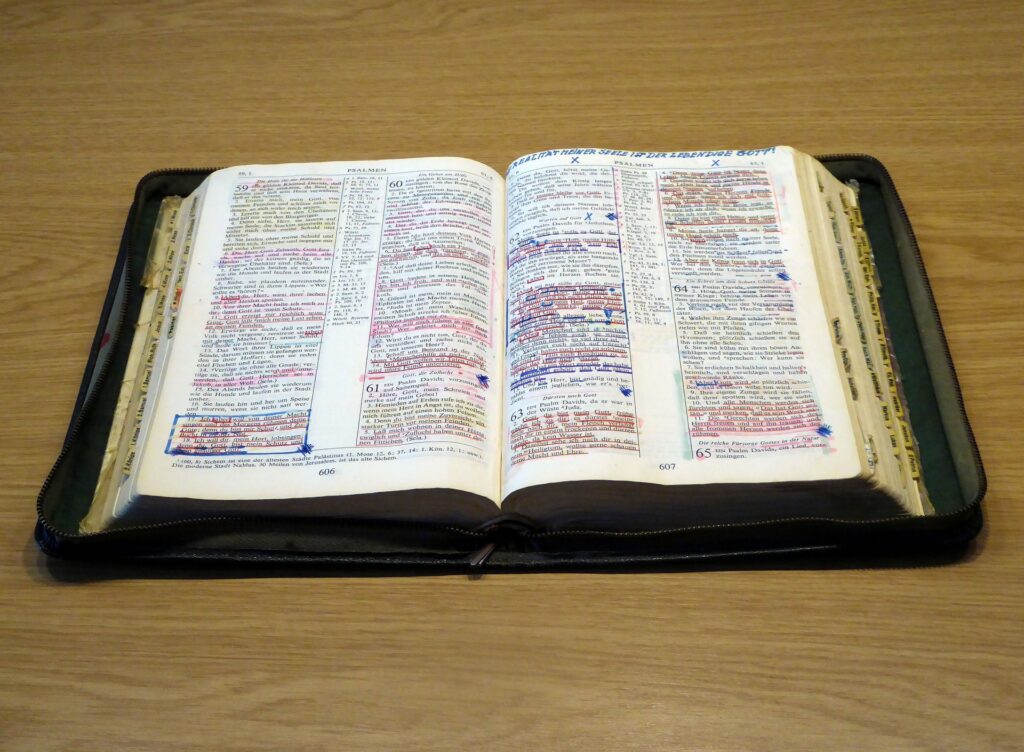
Instructions for the Church (1 Timothy 5:17-25)
The elders who rule well are to be considered worthy of double honor. What authority do elders have? If an elders does not rule well, is he still worthy of honor? Why or why not? What is the “double honor” of which an elder who rules well would be worthy? Why does a laborer deserve his wages?
Why should a charge not be admitted against an elder except on the evidence of two or three witnesses?
Why did Timothy need to rebuke those who persist in sin in the sight of all? What about someone who stumbles into sin? How would a rebuke in the presence of all help the rest to stand in fear?
What is wrong with prejudging?
What is wrong with partiality?
Why should Timothy not hastily lay hands on anyone?
In what way(s) might one take part in the sins of others? Do many lead others into sin? How can we keep from being led into sin by others?
What steps would Timothy need to take to keep himself pure?
If alcohol is evil, why would Paul tell Timothy to drink a little wine?
What are some examples of sins which are conspicuous? How do these sin go before men to judgment? How do the sins of others appear later?
In what way(s) are good works conspicuous? Why can those works which are inconspicuous not be hidden? What if someone wishes for his good works to remain hidden?





